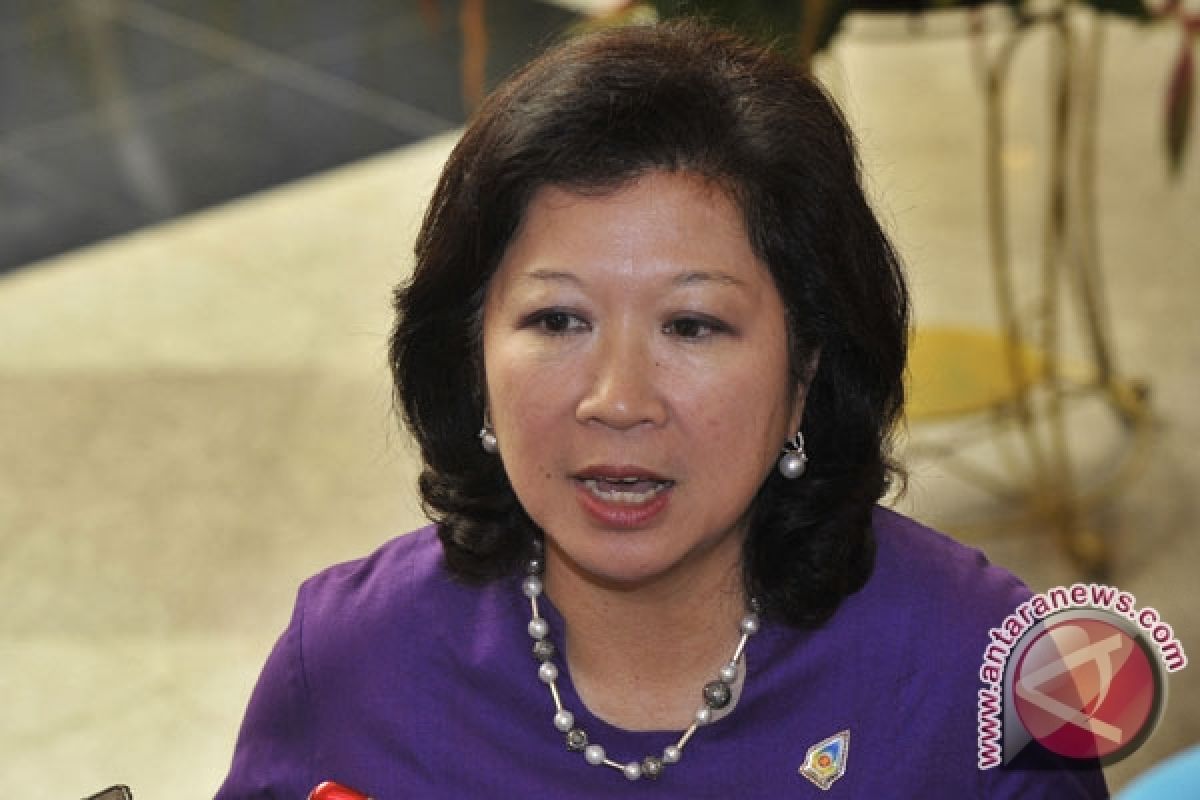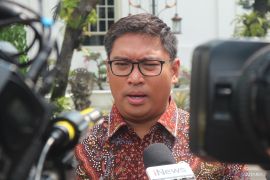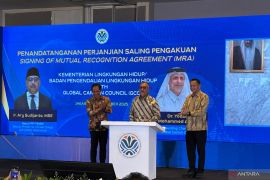In principle, we have agreed to find alternative (cattle supplier). It would be better if we have many cattle suppliers.Jakarta (ANTARA News) - The government is exploring the possibility of importing live cattle from foot and mouth disease-free countries to anticipate the impact of Australia`s suspension of live cattle exports to Indonesia over alleged abusive treatment of livestock.
"Coordination is still underway involving the Agriculture Ministry, the Trade Ministry and the Coordinating Ministry for Economic Affairs and no concrete step has been taken. In principle, we have agreed to find alternative (cattle supplier). It would be better if we have many cattle suppliers," Trade Minister Mari Elka Pangestu said here on Thursday.
She said the government was trying to import live cattle from countries which were 100 percent free from foot and mouth disease. Among the countries were the US and Mexico.
The US has so far been listed as one of the countries exporting beef to Indonesia. Data from the Central Statistics Agency (BPS) show Indonesia`s beef imports from the US reached 3,837.8 tons worth US$5.8 million in the first four months of 2011.
The Australian government decided last Wednesday to suspend all cattle exports to Indonesia following an outcry over alleged abusive treatment of livestock in the country.
Australia said the suspension would remain until Indonesia establishes new regulations to protect livestock from mistreatment.
Australia exports about 500,000 cattle a year to Indonesia, accounting for 60 per cent of its livestock trade.
On Wednesday, the Agriculture Ministry held talks with representatives of New Zealand, Canada and Brazil. At the meeting the three countries expressed readiness to supply beef and cattle to Indonesia.
Head of the Agricultural Quarantine Body at the Agriculture Ministry Banun Harpini said Brazil which had so far exported live cattle to India, China, Singapore, Russia and even Australia was ready to export beef to Indonesia in any quantities.
However, Indonesia could not import live cattle from Brazil because Law No. 18 of 2009 on husbandry and animal health stipulated that Indonesia could only import cattle from foot and mouth disease-free countries, he said.
Therefore, he added there had been an idea of amending the law as not all areas in Brazil were affected by foot and mouth disease.
He said New Zealand offered to export beef because the country did not export live cattle under its policy. Meanwhile, Canada offered to export young cattle to Indonesia to increase the country`s cattle population.
Marie and Vice Trade Minister Mahendra Siregar gave the assurance that the domestic beef and live cattle stocks were still enough in the short run. "We will check again the stocks with the Agriculture Ministry. But what is certain, the beef and live cattle stocks are still adequate," Mahendra said.
He said Australia`s suspension of live cattle exports to Indonesia had had no psychological impact on domestic beef prices.
According to a Trade Ministry report on the prices of basic necessaries, beef prices averaged Rp68,407 a kg in the first two weeks of June 2011, or slightly lower than the previous month when the figure was Rp68,381 a kg.
However, the average beef price in the May-June 2011 period was far higher compared with the same period last year. Beef prices averaged Rp64,995 a kg in May 2011 and Rp64,887 a kg in June 2011.
(M035) (ANTARA)
(T.SYS/A/S012/A/O001) 16-06-2011 17:14:19
Editor: Ella Syafputri
Copyright © ANTARA 2011












